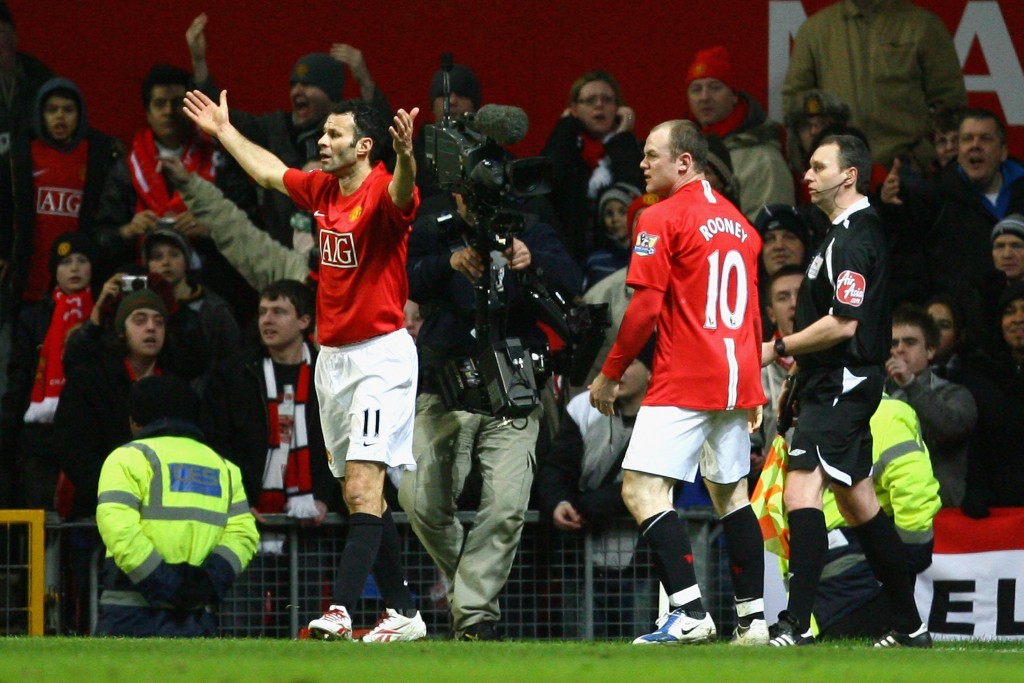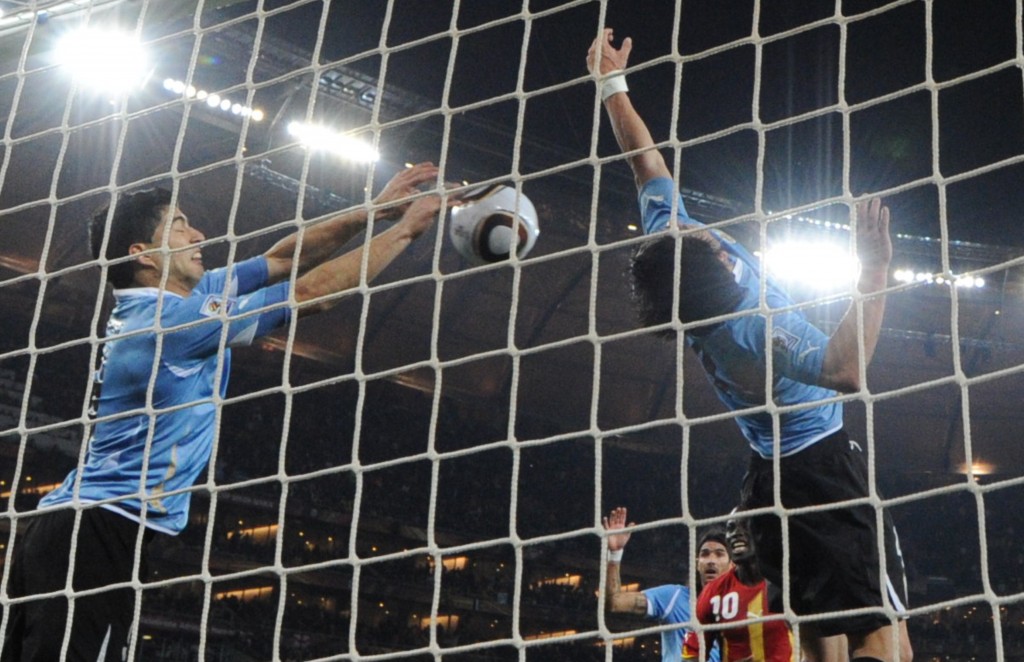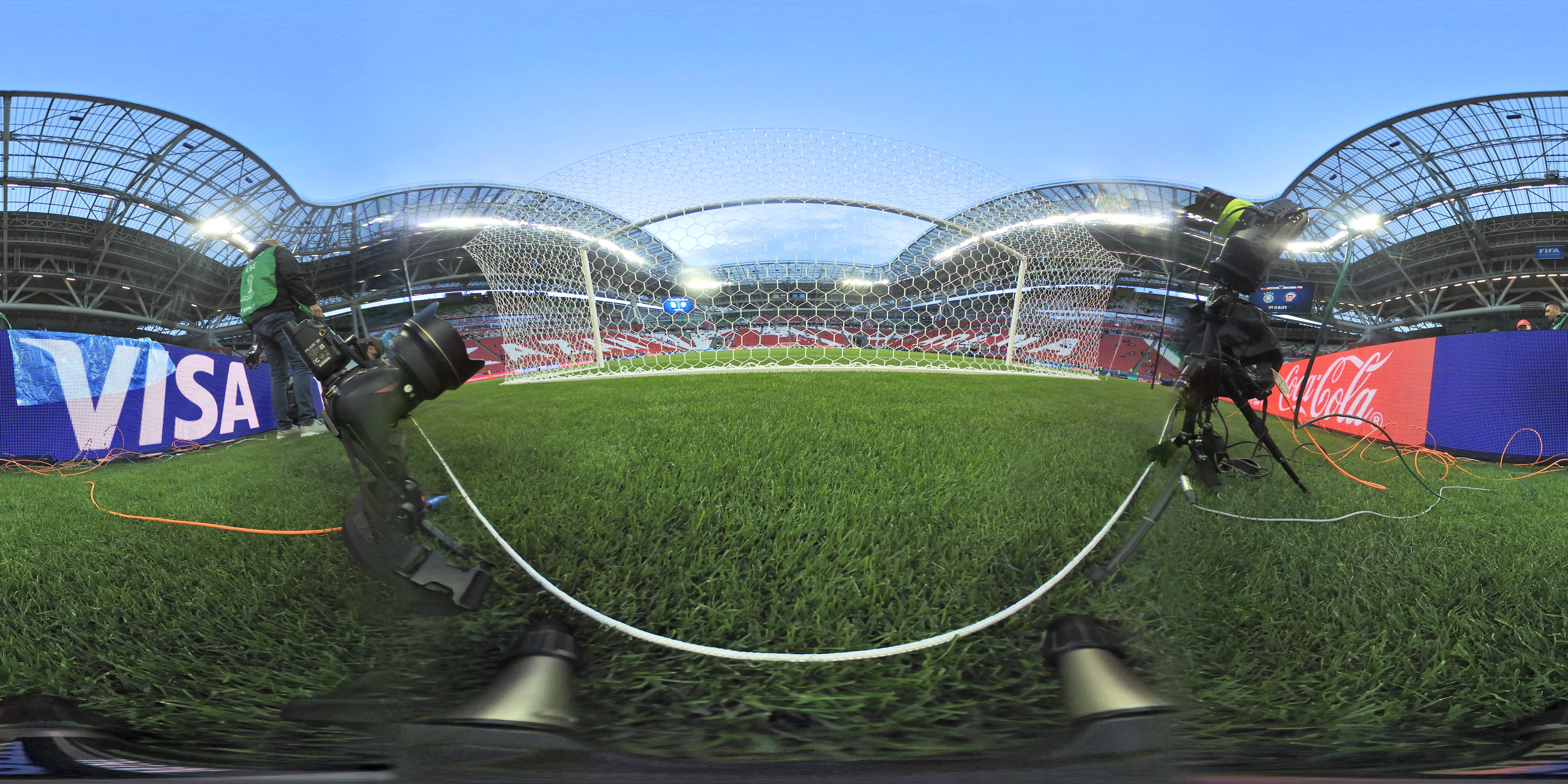We at The Hard Tackle take a look at the new proposed changes to the football rules and how it could affect the game going forward.
The International Football Association Board (IFAB) and FIFA have launched a new initiative called “Play Fair!”, which aims to address the negative aspects of the gameplay with an aim to improve the fairness and enjoyment of the sport.
The proposals have been suggested by IFAB technical director David Elleray. They are not yet part of the football rules, but will be contemplated and discussed by board members before the 2018 IFAB meeting in March. Each change will require support from at least 2/3rd of the members present and voting to be adopted.
It’s hard to imagine dramatic measures and rule changes taking effect in the world’s most beloved game, but popular sports are regularly updated to offer players and spectators a better experience. The ATP is experimenting with a new set of rules in the November Milan final, including changes to the scoring format and the no-let and advantage rules.
At Wimbledon, the challenge system and Hawk-Eye cameras add a new dimension, allowing players to challenge the official’s call on a given play. These new rules and technology changes shake up the game, but it is doubtful that they will adversely affect players; for example, favorite Andy Murray’s odds still remain at 5/2 on BetStars.

The Play Fair! document aims to improve players’ behavior and foster respect, increase effective play time and enhance game fairness.
Perhaps the most shocking proposal is the idea of changing the length of play time from 90 minutes to 60 minutes, with two halves of 30 minutes. With this format, the referee would stop his watch whenever the ball goes out of play, and this would be linked to the game clock.
It might seem crazy, but this change is based on the idea that the average football game only has 60 minutes of effective play anyway. Even so, this seems to put even more pressure on the referee, who would have to be proficient at stopping and starting his watch with the gameplay.
On top of this, the halftime and full-time whistles wouldn’t be stopped until the ball goes out of play. This would prevent late attacks from being thwarted by time decisions, which is a rule change I think would benefit the game, making the last moments more exciting than ever.
Under the new changes, players would also be able to pass to themselves during free kicks or corners. Again, this seems like it would disrupt football’s format, which relies heavily on set-pieces as part of the game.

This would undoubtedly create action and exciting attacks, but its true purpose is to nullify the effectiveness of deliberate, tactical fouls, something that may make the aforementioned change a necessary evil to protect the players on the field.
Yet, the self-passing rule is not without its pitfalls. Would the defending team still have to retreat 10 yards before the kick is taken? Or, could play continue, resulting in a kind of “drop-ball” situation? This is a rule that hockey has successfully implemented, but I can’t see it working well for football.
In addition, goalkeepers in the future may be able to pass to defenders who are in the penalty area, with the other team forced to wait outside the box until the receiving player has touched the ball. The motive for this one is to prevent free-kicks from having to be retaken due to pressurized attacks during goal-kicks.
This isn’t a rule that will cause any major disruption to football’s flow, and may even speed up the game.
One of the proposed changes suggests that there could be no rebounds from penalty kicks in the future, much like in a post full-time penalty shootout. Instead, penalties might take a self-contained format. The striker takes the shot and, whether or not the keeper makes the save, the penalty always results in a goal-kick.
No running in on the rebound. No encroachment by other players. It makes sense in principle, but this rule would take a lot of the excitement away from rebound moments and would seem to be an extreme solution to a pretty small problem.

The final two rules make perfect sense, in my opinion. Goal-bound shots that are handled on the line will result in a penalty goal. Currently, they result in a red card and penalty kick, but games have literally been won or lost when players blatantly violate the rules, such as when Luis Suarez denied Ghana in the 2010 World Cup.
The only argument against this change is that the referee would have to judge whether or not the shot was “goal-bound”, but with video assistance, this shouldn’t be a problem. And, let’s face it – any player who takes this underhanded tactic deserves to concede the goal, as well as to be sent off.
The final change is that players should not be allowed to surround the referee following crucial or controversial decisions. Instead, only the team captain should be permitted to approach them. Offenders could cost their team a fine, or even a point deduction. They would deserve it!
While the final two rules seem justified and easily acceptable, there is expected to be a huge debate on all the other proposed changes, especially the 60-minute rule. It will be interesting to see what the future holds for football and how the game could develop, much to the excitement of everyone associated with it, as viewers or otherwise.





